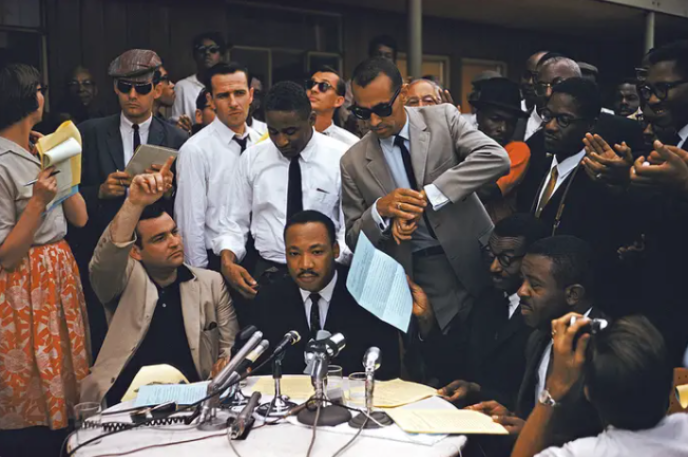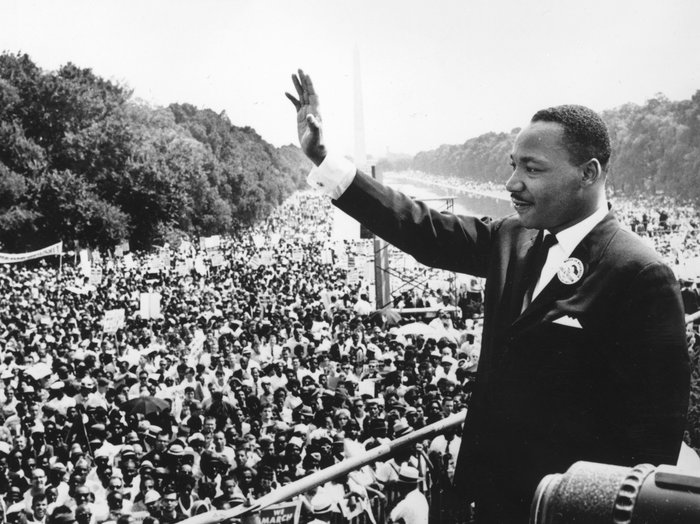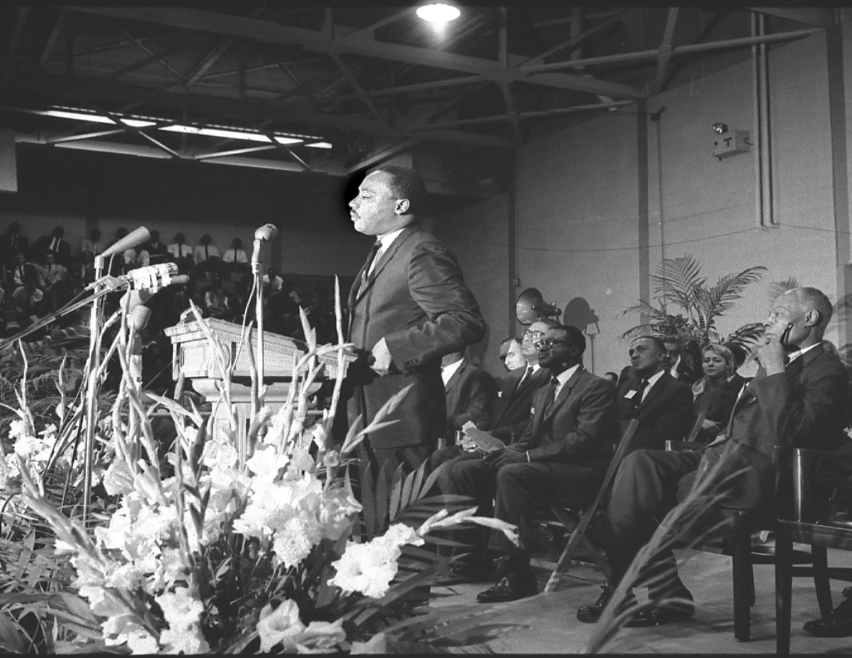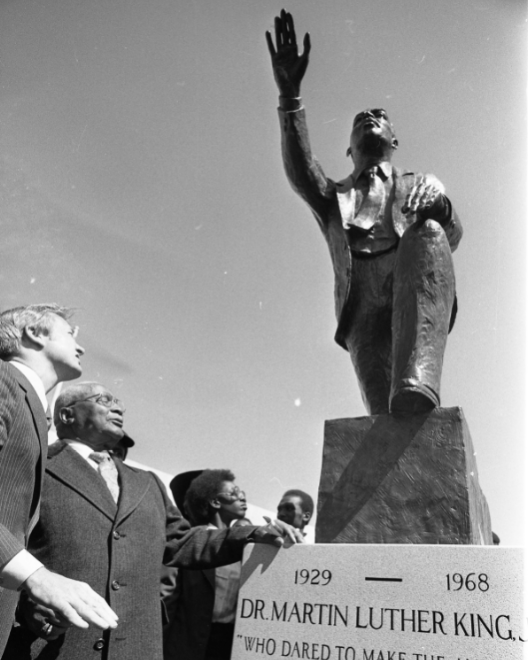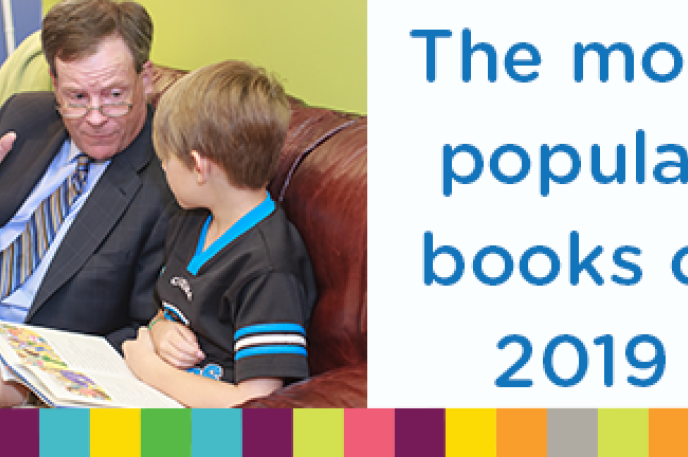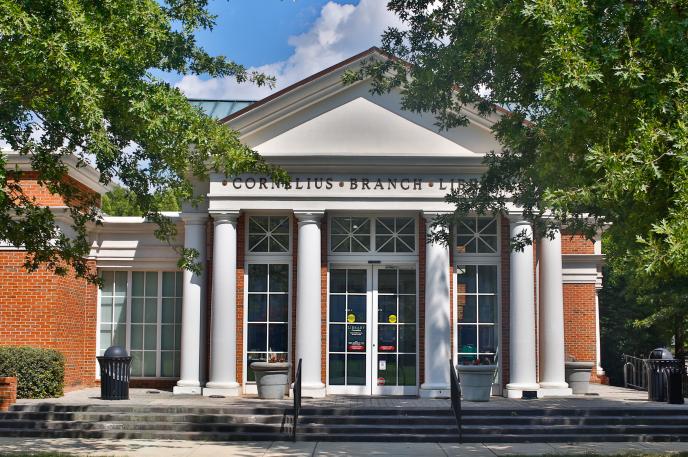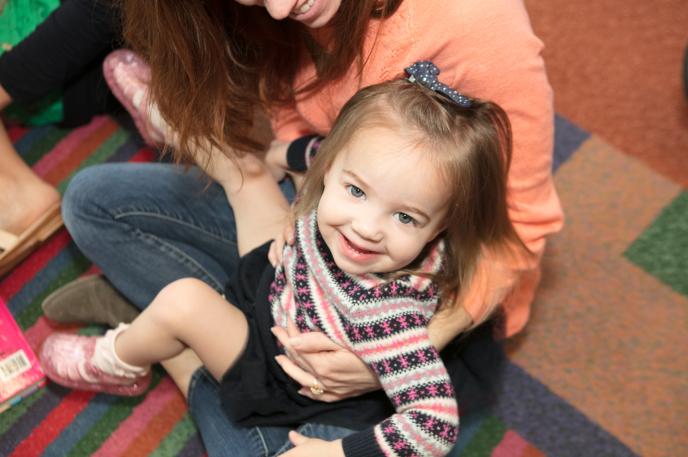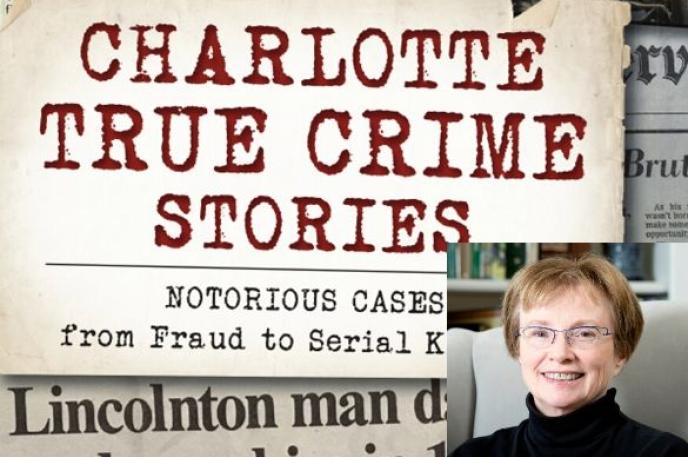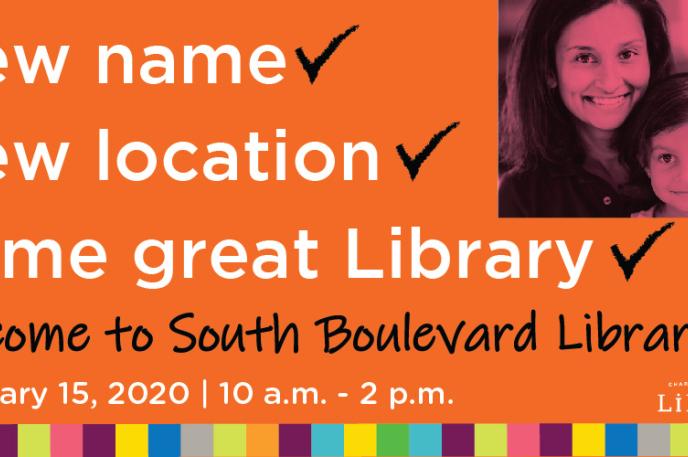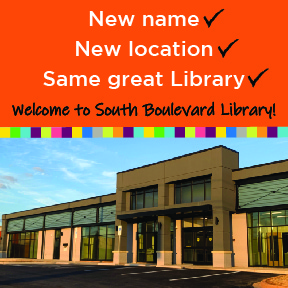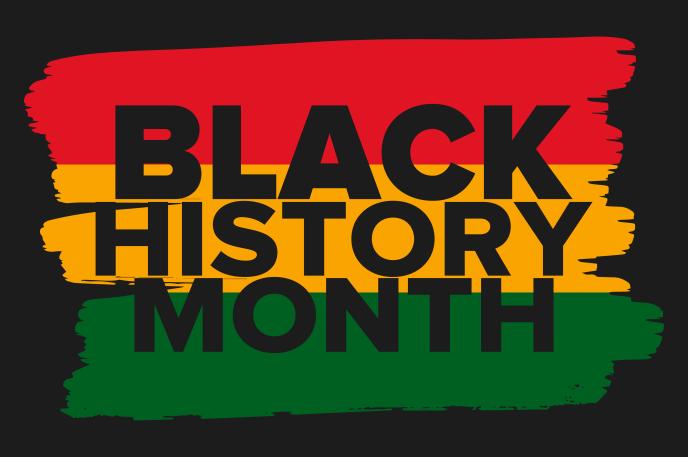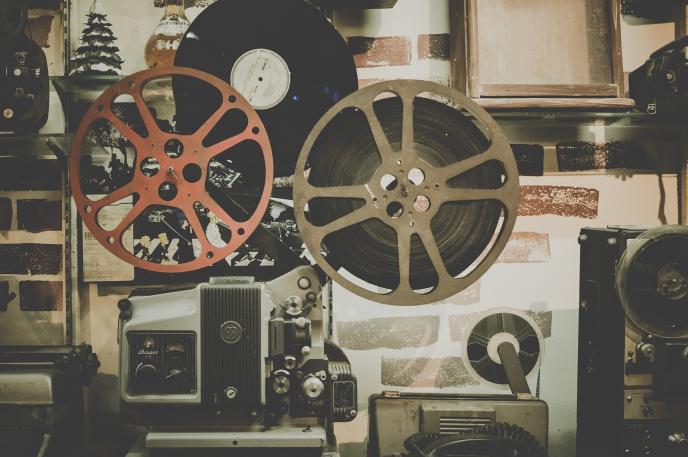
The Last Film Series with Sam Shapiro
January 14, 2020
Sam Shapiro, movie afficionado and Charlotte Mecklenburg Library librarian, is wrapping up his final film series at the start of 2020 as he prepares to retire. Before the director yells ‘Cut!’ we asked Sam to share why he took on this project of love and what he’s been doing through the years with the film series. Here’s the story, in Sam’s own words.
Why did you start the film series?
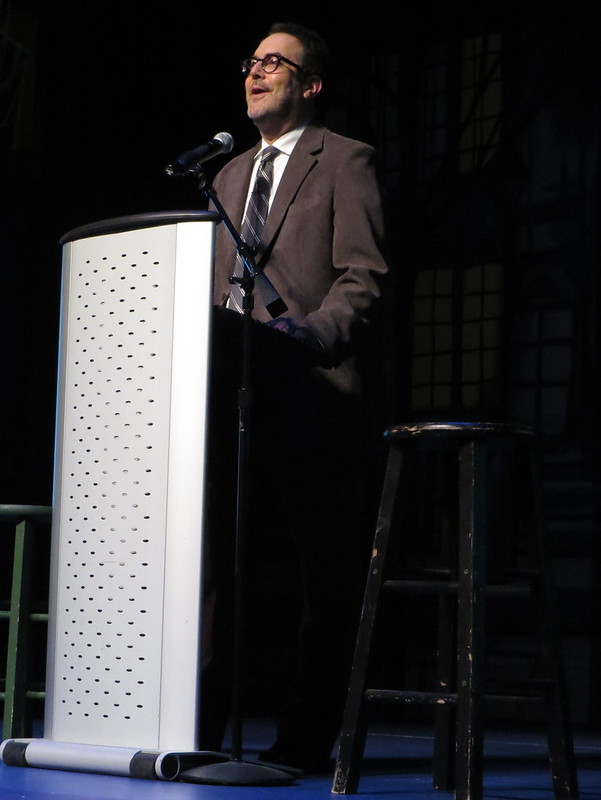 There was a “classic Hollywood” film series at Main Library before I came on-board, but it had been dormant for several years.A year or two after the Main Library’s renovation in 1989, I realized there existed within the community a great desire to see entertaining films of historic and/or educational significance. And this presented me with a wonderful opportunity, since I had a background in Film History and Film Production before working at Charlotte Mecklenburg Library.
There was a “classic Hollywood” film series at Main Library before I came on-board, but it had been dormant for several years.A year or two after the Main Library’s renovation in 1989, I realized there existed within the community a great desire to see entertaining films of historic and/or educational significance. And this presented me with a wonderful opportunity, since I had a background in Film History and Film Production before working at Charlotte Mecklenburg Library.
In 1992 I began my film programs at Main Library, when the only way to present them was on 16mm film. There was a certain satisfaction and “art” to operating the projectors, but I really don’t miss the constant anxiety over burned and broken sprockets --- as well as the loud distracting ‘rickety-rickety’ of movie reels. (These days, of course, all I do is press “play” on the Blu-ray player.)
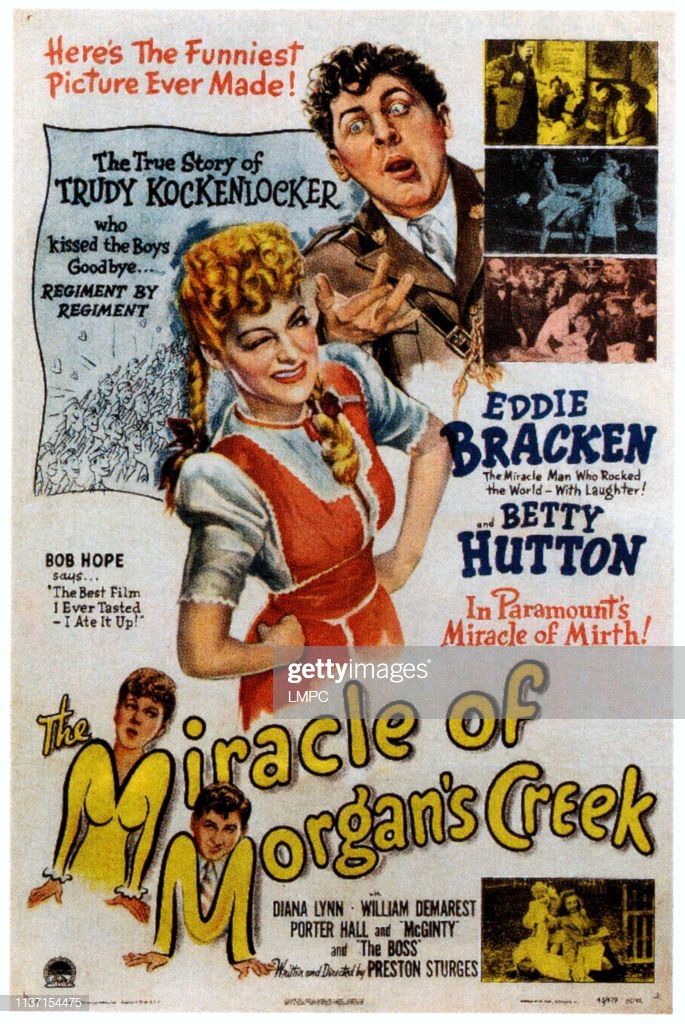 My first film series in 1992 was a six-month retrospective of the comedies, westerns, and musicals of director Howard Hawks, which included Bringing Up Baby, The Big Sleep, Gentlemen Prefer Blondes, Rio Bravo and others. In the 28 years since that first series, I have screened at least one feature-film or documentary per month for Library customers. In 28 years with a minimum of 12 movies per year, that’s at least 336 movies. Now that’s a lot of movies!
My first film series in 1992 was a six-month retrospective of the comedies, westerns, and musicals of director Howard Hawks, which included Bringing Up Baby, The Big Sleep, Gentlemen Prefer Blondes, Rio Bravo and others. In the 28 years since that first series, I have screened at least one feature-film or documentary per month for Library customers. In 28 years with a minimum of 12 movies per year, that’s at least 336 movies. Now that’s a lot of movies!
What did you hope the community would take away from various film series through the years?
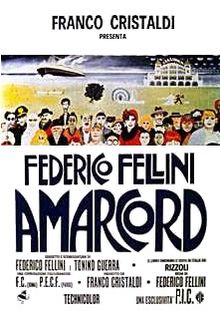 The response to my film programs has been gratifying. Typically, I draw between 40 and 60 attendees per film, including a core group that attends almost every film (regardless of title or subject).
The response to my film programs has been gratifying. Typically, I draw between 40 and 60 attendees per film, including a core group that attends almost every film (regardless of title or subject).
Although it is easy to access most titles from the comfort of home, folks still love to experience movies communally - inside a dark theater (or auditorium). My attendees also appreciate the fact that the films are organized on a thematic basis, for example, The Thrillers of Alfred Hitchcock; Hollywood’s Golden Era of Musicals; and Down Under: Classic Australian Films.
Most of the complimentary feedback I’ve received has been for my pre-film introductions. I speak for approximately 10 minutes before each screening, and the audience seems to appreciate the research and trivia that I share regarding the film they’re about to see.
All-time film favorites? With the final Final Four film series, what is your connection to these films?
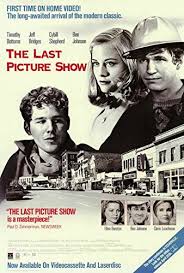 The gateway drug to my life-long-moviemania was the films of Alfred Hitchcock. My parents were permissive and indulgent when it came to movies. I remember (as if it were only yesterday) my mother taking me to a double-feature of Psycho and The Birds when I was only 12, at Charlotte’s old Thunderbird Drive-in. That night was a life-changer! Now I teach the films of Alfred Hitchcock to college students, and a few years ago I facilitated a year-long film series at Main Library and ImaginOn that consisted of 20 Hitchcock classics.
While the movies in my Final Four (or Fab Four) are not top-tier personal favorites, they do represent specific stages or milestones in my life. Like always, prior to the screening, I will provide detail about each film and its importance to the development of my film education.
The gateway drug to my life-long-moviemania was the films of Alfred Hitchcock. My parents were permissive and indulgent when it came to movies. I remember (as if it were only yesterday) my mother taking me to a double-feature of Psycho and The Birds when I was only 12, at Charlotte’s old Thunderbird Drive-in. That night was a life-changer! Now I teach the films of Alfred Hitchcock to college students, and a few years ago I facilitated a year-long film series at Main Library and ImaginOn that consisted of 20 Hitchcock classics.
While the movies in my Final Four (or Fab Four) are not top-tier personal favorites, they do represent specific stages or milestones in my life. Like always, prior to the screening, I will provide detail about each film and its importance to the development of my film education. 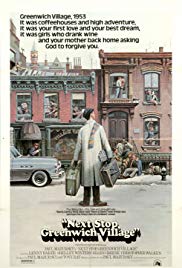 The Miracle of Morgan’s Creek, Next Stop Greenwich Village, The Last Picture Show, and Amarcord are wonderful movies, and I have been waiting (many years) for just the “right opportunity” to present them to my film attendees. That time is now.
The Miracle of Morgan’s Creek, Next Stop Greenwich Village, The Last Picture Show, and Amarcord are wonderful movies, and I have been waiting (many years) for just the “right opportunity” to present them to my film attendees. That time is now.
The Movies - all show at 2 p.m.:
Miracle of Morgan's Creek - completed
Next Stop Greenwich Village - Saturday, January 18, 2020
The Last Picture Show - Saturday, January 25, 2020
Amarcord - Sunday, January 26, 2020
Thanks for all you’ve done, Sam, in bringing cinema classics to the community. We wish you the best in your retirement, and we’ll see you at the movies!

